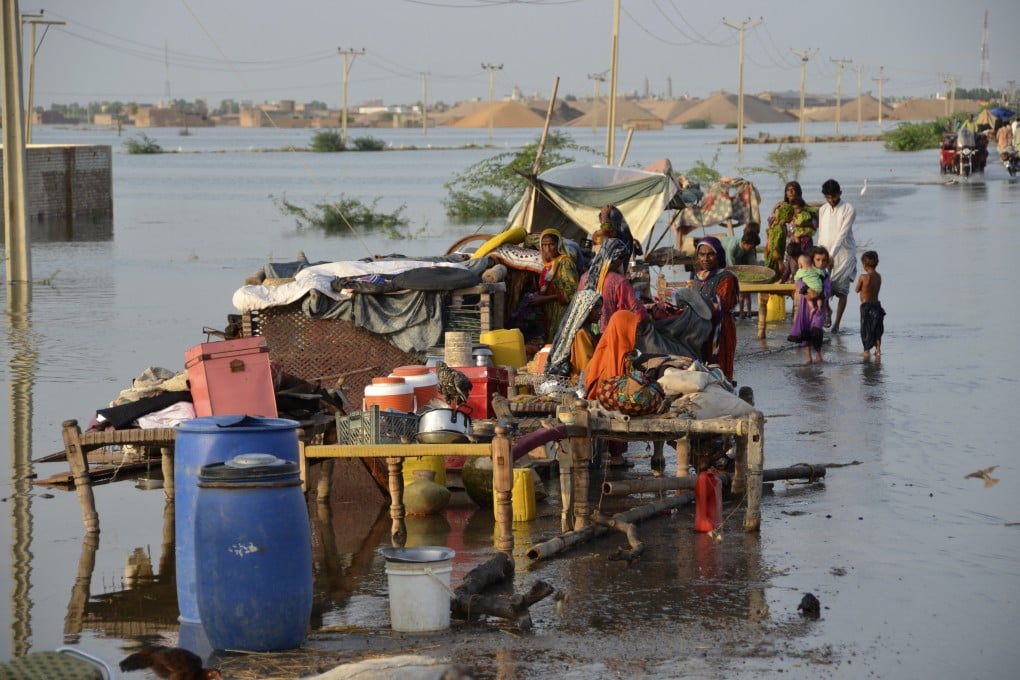Pakistan secures IMF funding restart to ‘ensure it doesn’t lurch into Sri Lanka-like territory’
- Pakistan was on the verge of default, but the International Monetary Fund’s restart of balance of payments support has brought it back from the brink
- Even so, inflation is soaring and wheat supplies have taken a hit, as the country of some 230 million people battles ‘floods of biblical proportions’

But Pakistan urgently needs more help to offset the devastation wrought by recent monsoon floods, which have affected more than 33 million people, Finance Minister Miftah Ismail said late on Monday.
The resumption of IMF balance of payments support, originally agreed in 2019 but suspended since March this year over Islamabad’s wastefulness, will quickly trigger the release of US$1.17 billion in funding, Ismail said.
Foreign exchange reserves held by the State Bank of Pakistan fell to a perilously low US$7.81 billion on August 19, as compared to the country’s monthly import bill of US$4.86 billion in July.
As a result, Pakistani businesses have struggled in recent months to convince overseas partners that their letters of credit would be honoured.
The IMF board of directors on Monday approved the extension of Pakistan’s loan programme by a year to June 2023, and increased its size by nearly a billion dollars to US$7 billion.
Including the pending payment, Pakistan has received about US$4 billion under the extended facility so far.
